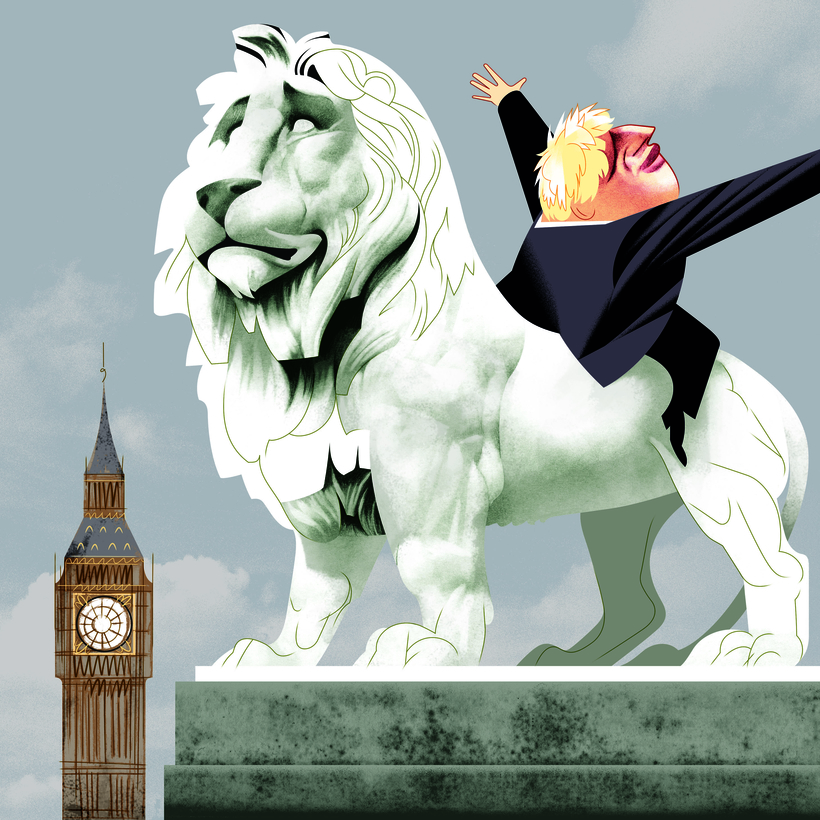In 2007, I happened to bump into Boris Johnson at a London party. That same day, a newspaper printed a photograph of George Osborne, then shadow chancellor of the Exchequer, in the Bullingdon Club.
The Bullingdon is an 18th-century, all-male dining club at Oxford University that has become a byword for exclusivity and wild, drunken undergraduate behavior.


